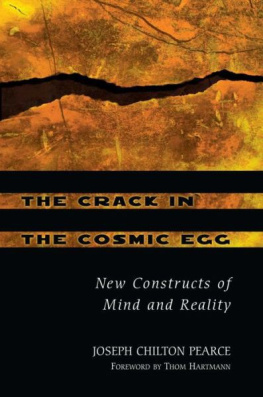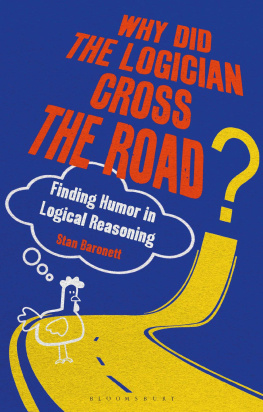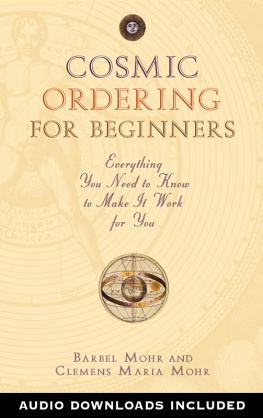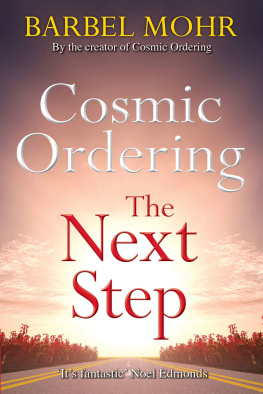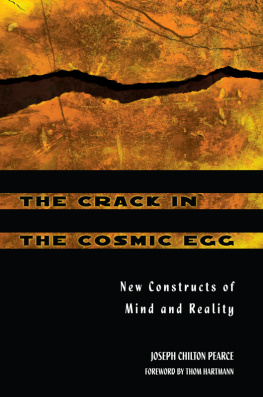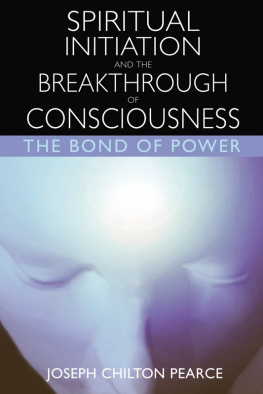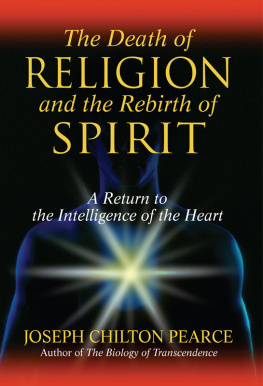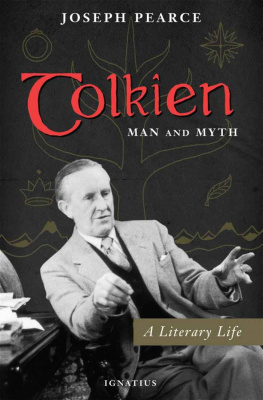THE CRACK IN THE COSMIC EGG "THE CRACK IN THE COSMIC EGG is the Phoenix rising from the ashes." -- Alan Watts"The book itself is impossible to pin down and analyze; it allows onlyfor being experienced and absorbed through the skin of eyes and intuition... If you are game for some creative, inventive thinking, this bookcan provide the spark for many upsetting controversies.-- The Critic"A uniquely challenging brain-cracker, one that offers a constantinterplay among the ideas of Blake, Bruner, Jesus, Laing, Polyani,Teilhard, Tillich, and Castaneda."-- Publishers Weekly"The most disturbing and stimulating book I have read in many years."-- Parapsychology Review Selected by Psychology Today Book Club THE CRACK IN THE COSMIC EGG Challenging Constructs of Mind & Reality Joseph Chilton Pearce 1971 ISBN 0-671-44388-7 First Pocket Books Printing January, 1973 To the memory of my wife Patricia Ann mother of fiveThere was a child went forth every day,And the first object he looked upon, that object he became,And that object became part of him for the day or a certain part of the day,Or for many years or stretching cycles of years. -- WALT WHITMAN contents introduction xi1. circles and lines 12. valves and solvents 193. blueprints and viewpoints 494. questions and answers 635. mirror to mirror 846. fire-burn 1047. behold and become 1168. mythos and logos 1419. don Juan and Jesus 16210. vision and reflection 190 references and notes 199 bibliography 213
introduction
Almost a decade has passed since I first experienced the crack in my owncosmic egg, and made tentative attempts to translate it into communicableform. A certain urgency underlay my efforts, for I felt frustrated by alack of both technique and background, and outpaced by a growing socialoutrage and general collapse of cultural logic.
In spite of the radical, fundamental, and shattering effect of the crackpersonally, it simply would not translate into the common domain. Myconcern was social, and I hoped for some charismatic formula for alteringthe broad stream leading to destruction. But the crack remained, andstill remains, a fragile, lonely way of nonstatistical balance in arough statistical world.
I searched for that explosive translation that would magically haltthe grinding forces of war, ease our ideological hatreds, and abate ourwholesale battenings on our brothers' blood. I longed to find some clevercosmic sign, signalling abroad the way for mass exodus from a Naked Apedespair, and leading to that ecstasy of being fully human. I have ended,at best, with the hope that I might be heard by two or three sufferingour common concern, recognizing the dilemma of logical demise, and willingto gather together to explore the crack as a mutual way down and out.
When logic bankrupts it empties the coffers of possibility. And now, asOrwell's 1984 shapes its fantasy about us, our need for alternativesis acute -- but alternatives are absent from the scene.
Here in this crack alternatives abound -- but only for that lonereader, driven, perhaps, to hate a world of instant death, shifting enemysymbols, perpetually stimulated fears and hatreds, economic servitude,psychological enslavement, and general absence of joy; a world wherealternatives polarize into equally abhorrent either-ors; a world oflogic that at its best has conceived the antiballistic missile -- thatcombatting of direct death with an equally-sure death once removed;a world where leaders tend to become that very thing they behold anddeclare most intolerable; where Pentagons and CIA's, assuming the role ofproblem-solvers; tend to bring about the very events which make necessary,verify the assumptions of, and justify the existence and techniques of,Pentagons and CIA's; where the only known underground railway is run byan opposition leading back into the common circles of despair.
My generation boasts its accomplishments, and wonders that our young mightspurn the splendors offered. Yet there are those who read the price tag,and find the cost of psyche, life, and hope to be too high. And so Iwrite for that reader who cannot stand where he is and has no place togo. I write of an alternative that is a kind of excluded middle in thislogical impasse.
There is a third alternative in this world of exclusive either-ors, butthe way out is a way beyond , not a rehashing of ruined ingredients. Thedelusion of problem-solving is the first false hope that must beabandoned, for problem-solving tends to be circular. The techniquesused to solve a problem determine the nature of the solutions withwhich we must then live. Problem-solving is like patching holes in arotten boat; for each patch applied, two more leaks spring up. There aretimes when a way out is needed that is not available to logical patchingtechniques. There are times when we need a way beyond rotten hulks, a waynot for restructuring a new boat or even a serviceable life jacket, butrather some submariner's way through a sea of confusion to new terrain.
I can only approach the crack obliquely, using ordinary language thatincludes those unknown but highly charged "trigger-words" we all carry,words that block hearing, words having overtones drowning out thefundamental intended. Further, my alternative suffers the old dilemma of"don't go near the water until you can swim." For I must question archaicassumptions that not only underlie science and religion equally, butwhich go to the very roots of our culture and are accepted unconsciously.To question such concepts is to question the very ground on which wesitand. So I can only plunge the reader in immediately,. asking himfor a bit of faith and water-treading through these first pages, until,hopefully, more tangible grounds for understanding form.
Mind over matter is a misleading notion, and not the issue here. I have,however, traced the relation of mind and reality, as complementarypoles of a continuum, and have found, for instance, that a spontaneoushealing in a terminal patient occurs in the same way that a discoveryforms in science, an illumination in religion, or that change of conceptwhich turns the student into the mature physicist.
When the Hindu walks through a pit of white-hot charcoal, or the scientistexperiences his Eureka! that opens new levels of reality, each usesthe same reality-shaping function of mind. This book traces the patternof development underlying this function, paying particular attentionto the formation of answers to passionate questions, or the filling ofempty categories proposed by creative imagination. The empty categoryproposed by a scientist, for instance, brings about its own fulfillmentin the same way, and for the same reasons, that a popular disease isentertained, promoted by publicity, feared by all, and watched for in thecontemporary form of physician-priest and patient-supplicant, until itfulfills itself on a statistically predictable and self-verifying basis.
While my book explores this mirroring of thinking and experience, I avoidphilosophical arguments, such as the "reality" of the world. What I haveexplored, in this personal search, is the way we experience a world,and, more importantly, the way this relation influences that worldso experienced.
Our reality is influenced by our notions about reality, regardless ofthe nature of those notions. No notion can arise in isolation from, orstand outside, the current fabric of all our notions. My book has beenshaped within the context of cultural beliefs in which I find myself,so I must consider some of the many current influences, even thoughthese conflict and my aim is to go beyond them.
Peter McKellar writes that: "Dislike of the models that have become thesymbols of an opposing school of thought may partially or completely sealoff the work of one thinker from another, until some third thinker noticesthat they are both saying something worthy of impartial attention."
My attention is hardly impartial, but I think I can sketch a third-mantheme by drawing the similarities between apparently unrelated fields. Ihope to show that many recent developments, though insulated one fromthe other, are lines pointing toward the same functional "crack in thecosmic egg."
Next page
